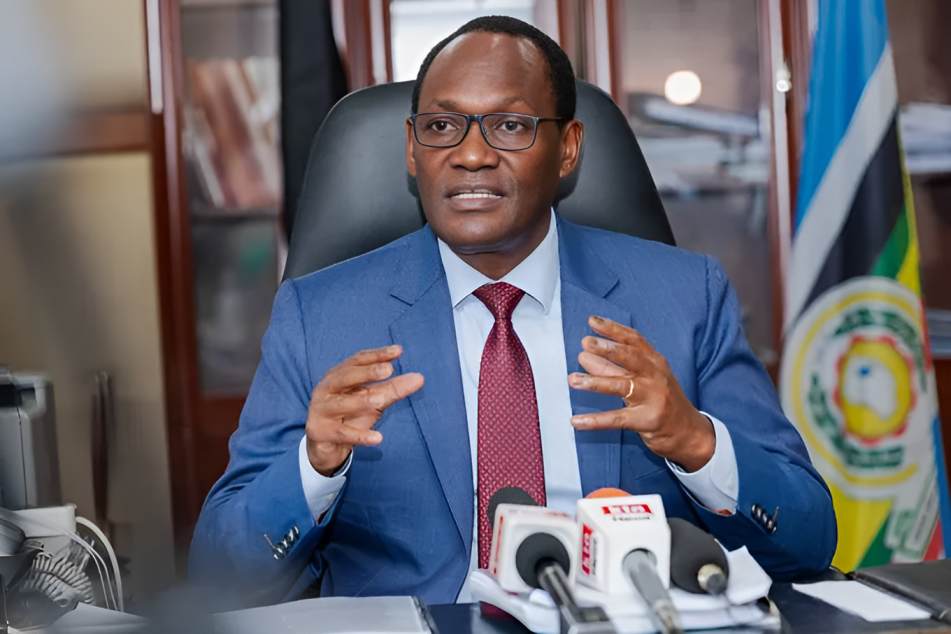Key public services underfunded as Sh218 billion gap hits 2025/26 budget

Among the major unfunded areas are the school feeding programme, loans for higher education students, free education in public schools, fertiliser subsidies, and healthcare financing for holders of public insurance.
Treasury Principal Secretary Chris Kiptoo has revealed that several crucial government programmes in the Sh4.2 trillion budget for the 2025/26 financial year remain unfunded, leaving a financing gap of Sh218 billion.
This shortfall threatens key public services, as MPs scramble to find funds or face public dissatisfaction.
Among the major unfunded areas are the school feeding programme, loans for higher education students, free education in public schools, fertiliser subsidies, and healthcare financing for holders of public insurance.
The Independent Electoral and Boundaries Commission (IEBC) is also affected, with a financing gap of Sh9.2 billion that could delay preparations for the 2027 General Election, including the acquisition of election technology and contracts for election materials.
The IEBC budget shortfall may also impact funding for upcoming by-elections caused by deaths, court rulings, disciplinary actions, and Cabinet appointments.
Speaking to the National Assembly Budget and Appropriations Committee (BAC), Dr Kiptoo explained that government agencies had requested an additional Sh944.2 billion, but budget limits meant not all could be funded.
"These expenditures were not accommodated in the 2025/26 budget due to constrained fiscal framework but will be reviewed for possible funding in the course of the implementation should the fiscal situation improve," he told the BAC, chaired by Alego Usonga MP Samuel Atandi.
The unfunded programmes span 12 State Departments and agencies, including Basic Education, Higher Education, Medical Services, Public Health, Agriculture, Interior and National Police Service, Correctional Services, Technical and Vocational Education and Training, National Treasury, and Broadcasting and Telecommunications.
The State Department of Basic Education faces a shortfall of Sh39.6 billion. Free day secondary education is missing Sh21.92 billion, while the school feeding programme and free day junior school education are short of Sh4.1 billion. School examinations and invigilation have a funding gap of Sh11 billion.
In the health sector, public insurance holders face difficulties accessing services due to a Sh11 billion gap for emergency, chronic, and critical illness funding, and Sh10 billion missing for primary healthcare.
The lack of funding for these health programmes threatens President Ruto’s Universal Health Coverage (UHC) initiative. Additionally, Sh4 billion needed to pay stipends for 8,550 UHC workers has not been allocated.
